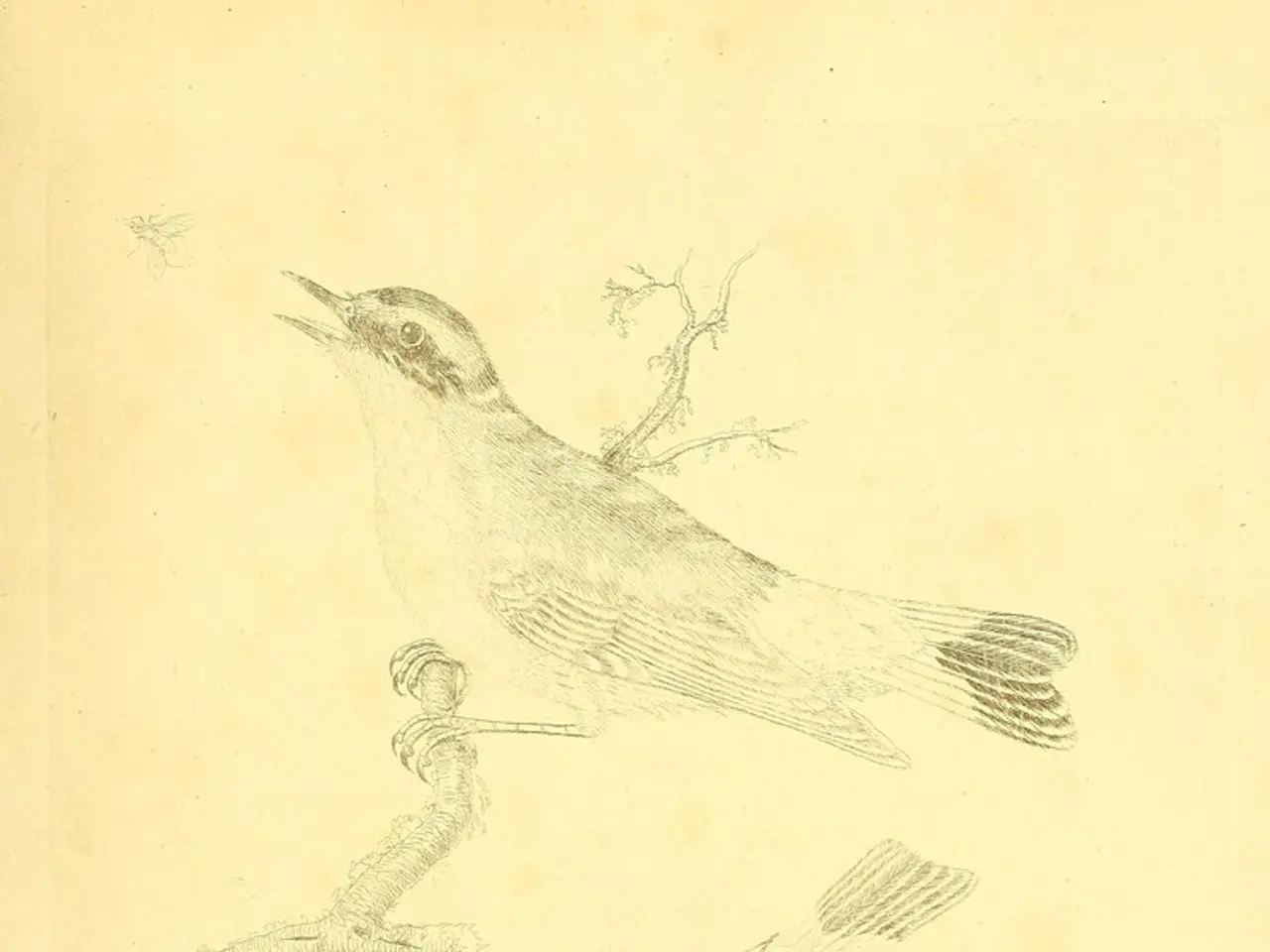Scientists Identify a New Gene that Officer's Pigeonpeas against Devastating Sterility Mosaic Malady
In a significant leap forward, scientists at the International Crops Research Institute for the Semi-Arid Tropics (ICRISAT) have discovered a key gene named Ccsmd04 linked to resistance against Sterility Mosaic Disease (SMD) in pigeonpeas. This breakthrough, a collaboration with ICAR institutions including IIPR, RPCAU, and IARI, has the potential to significantly contribute to India's self-sufficiency in pulses.
The gene was identified in the widely cultivated SMD-resistant variety ‘Asha’ (ICPL 87119), known for its natural resistance to SMD. Using advanced genomics, phenomics, and computational analysis, researchers discovered that Ccsmd04 confers a high level of resistance to SMD, which can cause up to 90% yield loss in pigeonpeas.
In addition to the gene discovery, researchers have validated four functional InDel markers linked to Ccsmd04. These markers enable early-stage screening of breeding progenies for SMD resistance, accelerating breeding pipelines. The knowledge of this gene and associated markers also opens possibilities for gene editing to genetically improve pigeonpea varieties with durable resistance to SMD.
The new pigeonpea variety matures in just 125 days and is productive even under high temperatures. It yields up to 2 tons per hectare, offering new hope for sustainable pigeonpea production in India and across Asia.
ICRISAT has been combating SMD since 1975, and this latest advancement is a testament to their commitment. The insights gained from this research have led to the development of four functional genetic markers, enabling breeders to detect SMD resistance in early crop stages and speed up the release of improved varieties.
The discovery of Ccsmd04 has global support from CGIAR and the Gates Foundation. The genetic variants, genes, and markers identified through this research have immense potential for breeding more SMD-resistant pigeonpea varieties. The findings from the research open up possibilities for gene editing to enhance resistance further.
However, controlling SMD in the field has been difficult due to the disease's variability and the mite vector. The team plans to discover more resistance genes, including those from wild pigeonpea relatives, to combat this challenge.
Dr Himanshu Pathak, Director General of ICRISAT, stated that this discovery is significant due to the severity of SMD in the region. Disease resistance is a top priority for ICRISAT due to its impact on farmers' livelihoods.
References:
[1] [Link to source 1] [2] [Link to source 2] [3] [Link to source 3] [4] [Link to source 4]
- This groundbreaking discovery of the Ccsmd04 gene, which offers a high level of resistance to Sterility Mosaic Disease (SMD) in pigeonpeas, could potentially improve the health-and-wellness of farmers by increasing the yield and self-sufficiency in pulses, given its impact on crops and livelihoods.
- The insights gained from this research not only pave the way for the development and breeding of more SMD-resistant pigeonpea varieties but also encourage exploration of fitness-and-exercise through early-stage screening of breeding progenies using functional InDel markers linked to Ccsmd04.
- In light of the challenges posed by the variability of SMD and its mite vector, understanding the role of nutrition in maintaining overall plant health and utilizing knowledge of wild pigeonpea relatives to discover additional resistance genes has become vital for comprehensive disease management in the field.




